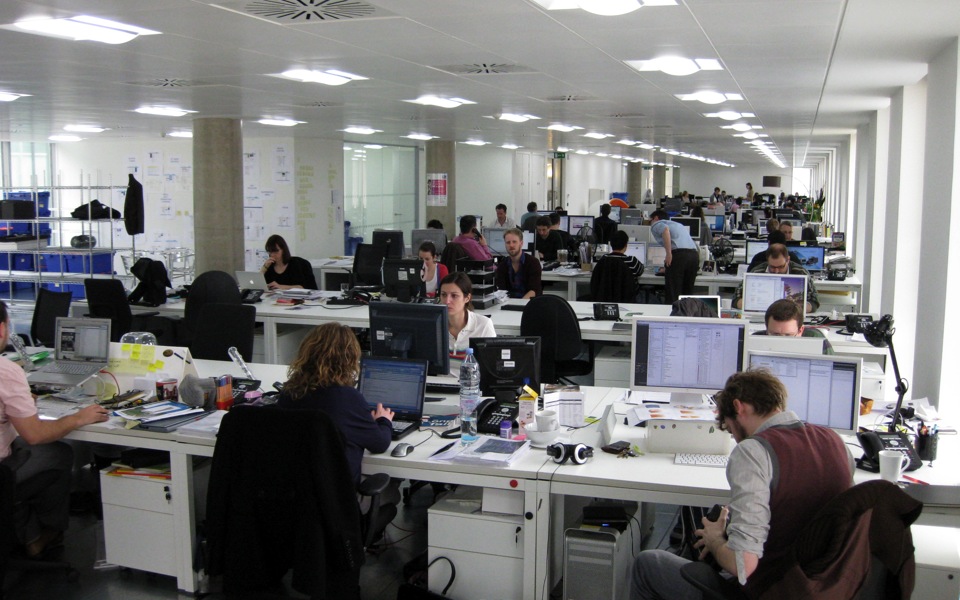Why are profits so low?

Why are wages so low, why are we in last place among the EU’s 27 member-states in the average hourly wage in terms of purchasing power – even below Bulgaria? Because Greece went through a more than 10-year economic crisis that set us back a long way, is the answer of the government (and others).
Try replacing that question with this one: Why are we last among the EU’s 27 member-states in house prices and rents and their increases? Or another one: Why are we in last place among the EU27 in the level and rise of company profits? If, again, you find it difficult to imagine the last two questions, you would not be wrong. On reason is because, unlike the first question, the other two do not correspond to reality. The debt crisis did not prevent either land values from recouping their losses or business and other profits from quickly catching up.
Of course, the different trajectories of labor, and property and business values are in principle triggered by the market itself. The market is not tasked with allocating resources fairly. It recognizes only one type of rights: property rights. The truth is, it didn’t do this alone. The government helped it. Rampant profit inflation and the freezing of collective bargaining were the two central pillars of this government aid.
The issue of profit inflation is well documented, while collective bargaining is essentially dead. For them to be revived, businesses that refuse to come to negotiations would have to pay a price, sector contracts should be expanded, and the minimum wage should cease to be charitable in nature. The EU stipulates that collective agreements must cover 80% of salaried employees. In Greece’s case they cover 15%. That is one more indicator where we come last.
The result is that a third of the employees have a salary of less than 800 euros gross and 53% have a gross salary of up to 1,000 euros. From what remains, 24% VAT is deducted in honor of fiscal consolidation. At the same time, company profits jumped from 40.70% of GDP in 2019 to 45.10% in 2023. Is this how economic growth is served? Probably not.
Widespread, uncontrolled profiteering impedes the change of Greece’s economic model, as it disperses profits to every wise guy, while a change presupposes some form of preferential reinforcement of the profitability of high productivity and modern technology sectors. The current situation is also driving away much of the educated salaried labor, who cannot afford to continue living here.
Why do we continue like this? Maybe it’s a balance of power. Salaried work has fallen into a dire state (unfortunately, not only in Greece), both at the trade union and political level. Consent is built by necessity, imposed by delicate balances, and is achieved when the cost of not doing so seems unbearable for everyone involved. But salaried labor is faced with explosive inequalities. Dealing with them must be the main challenge for any political effort worth its salt.





